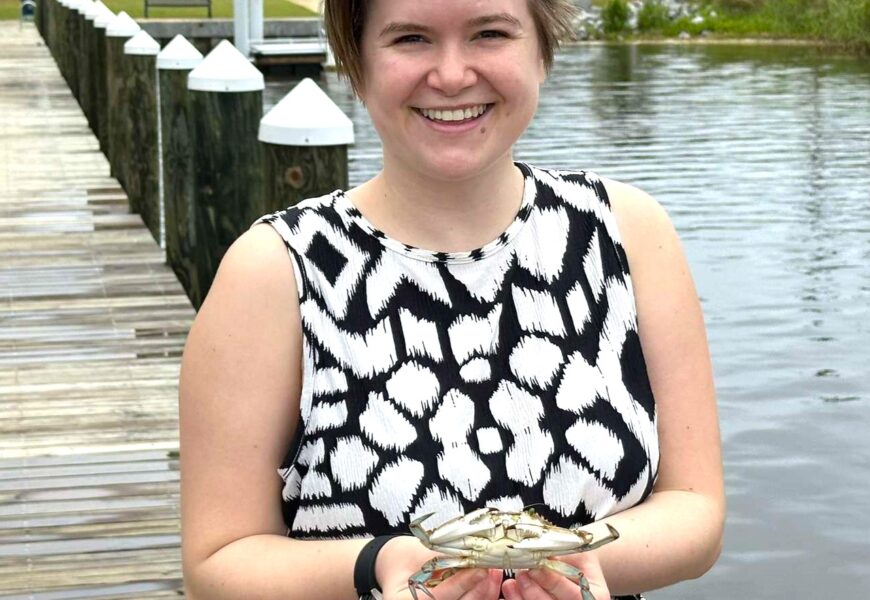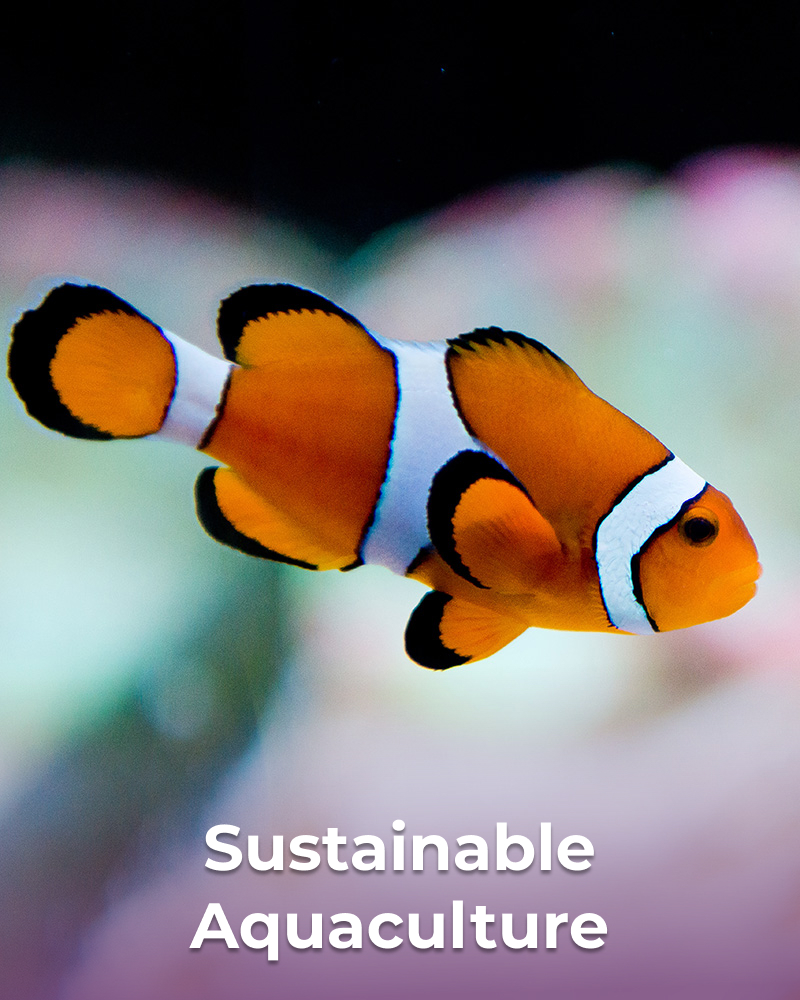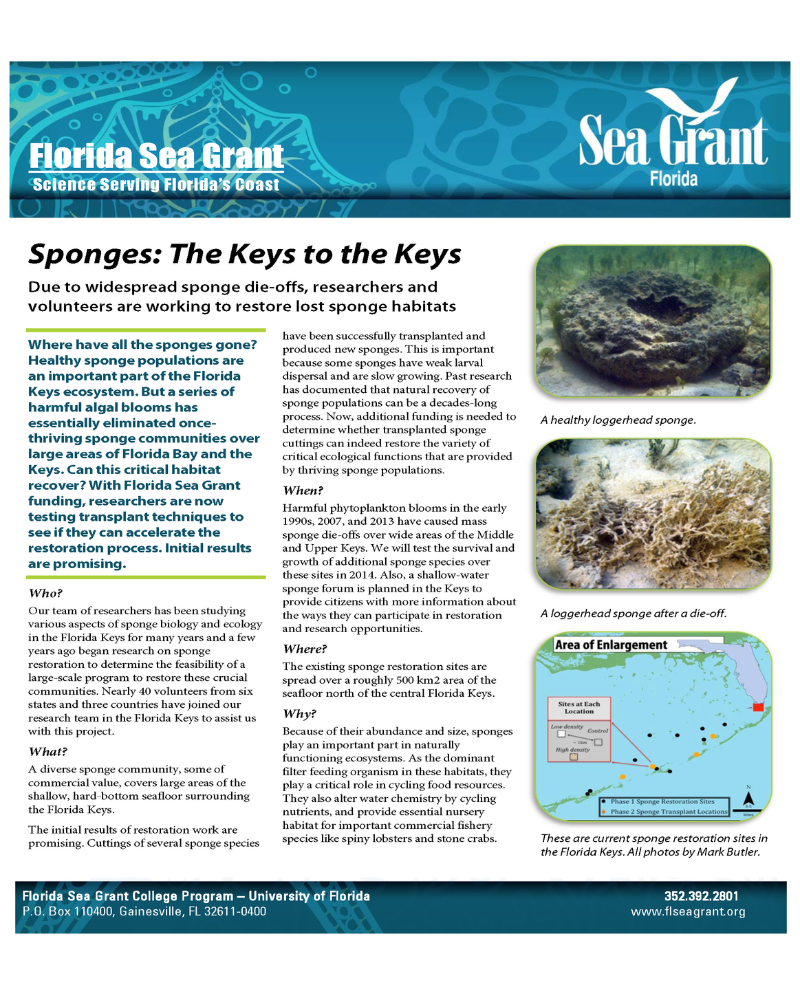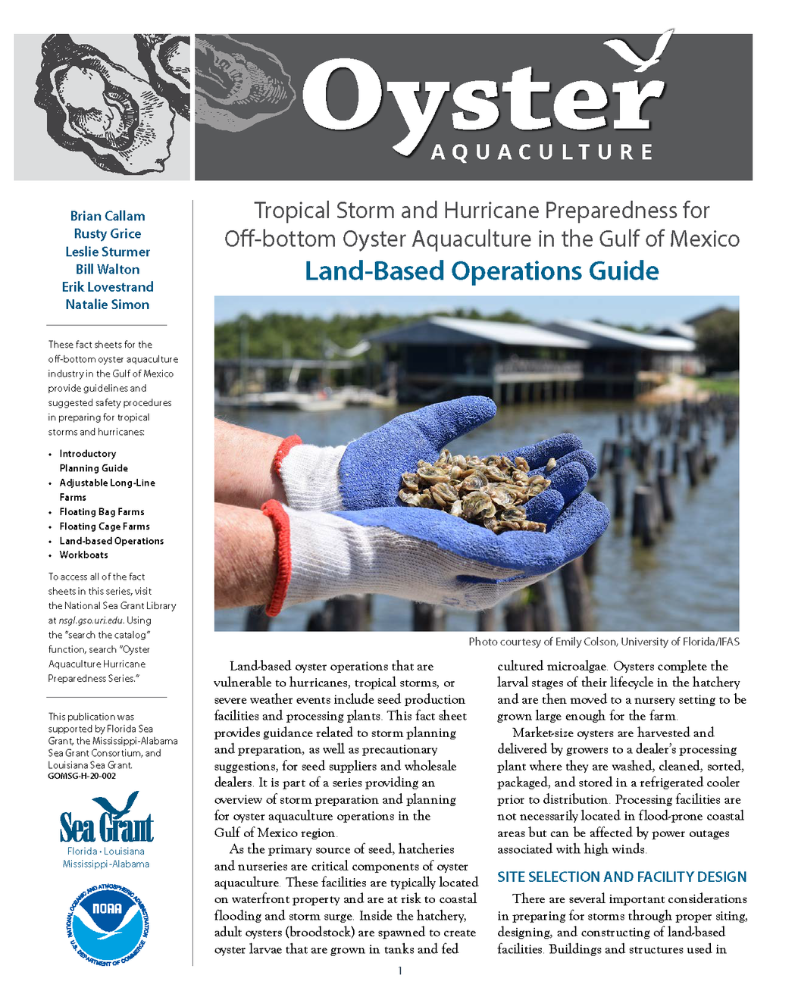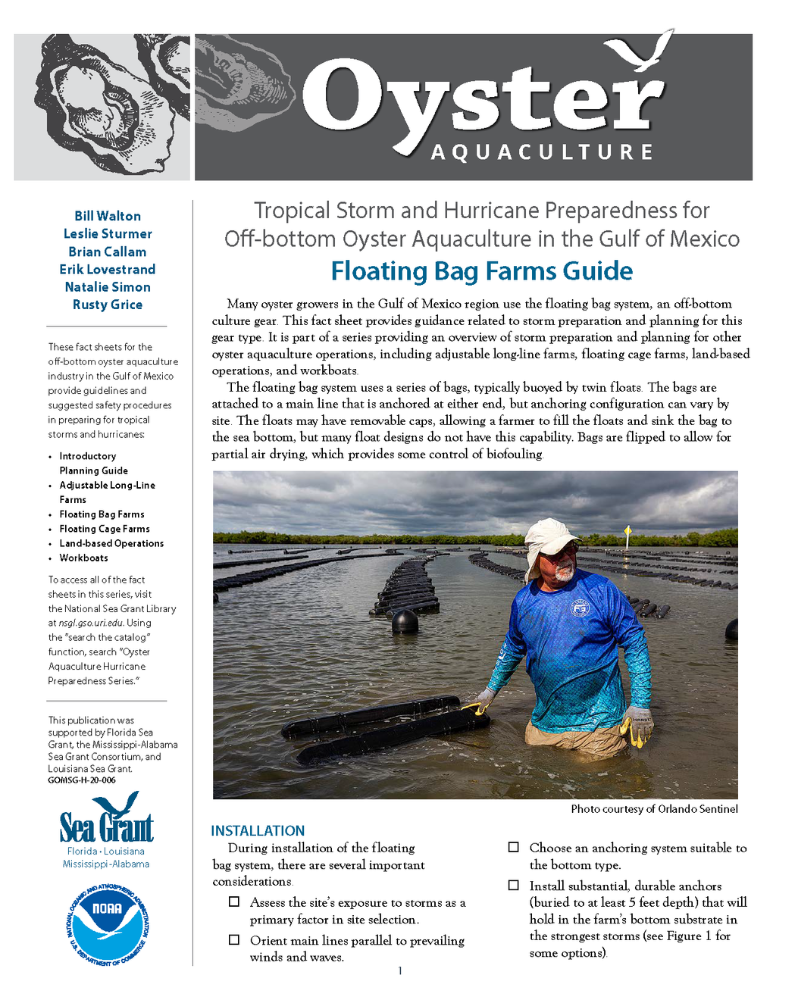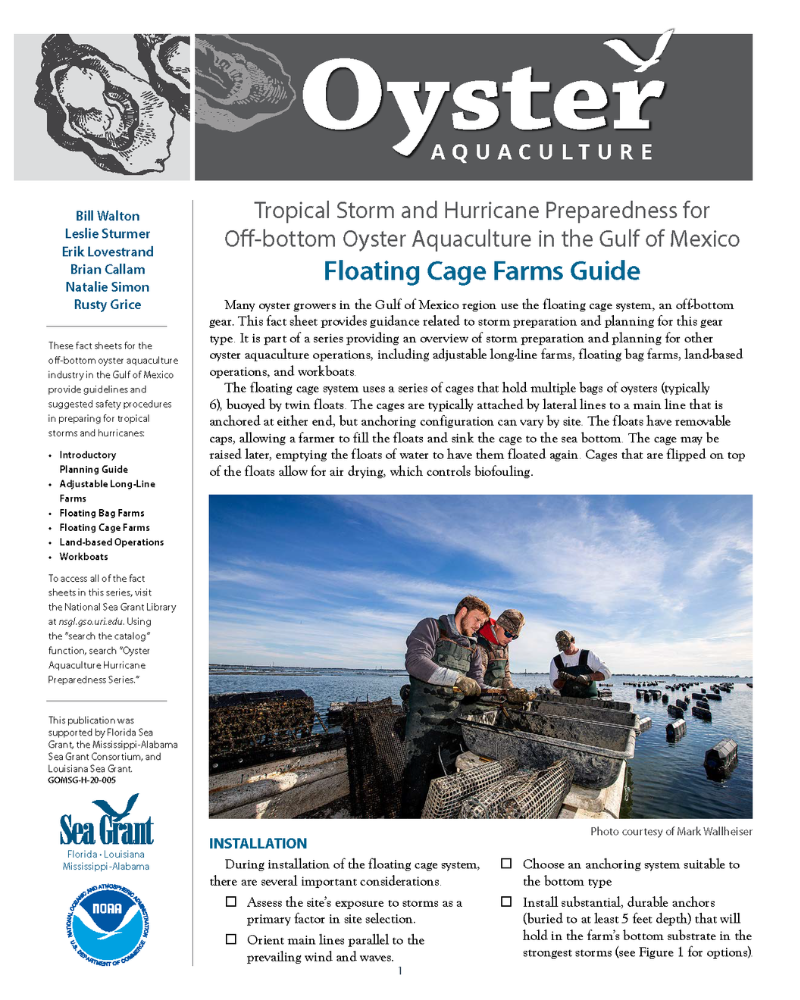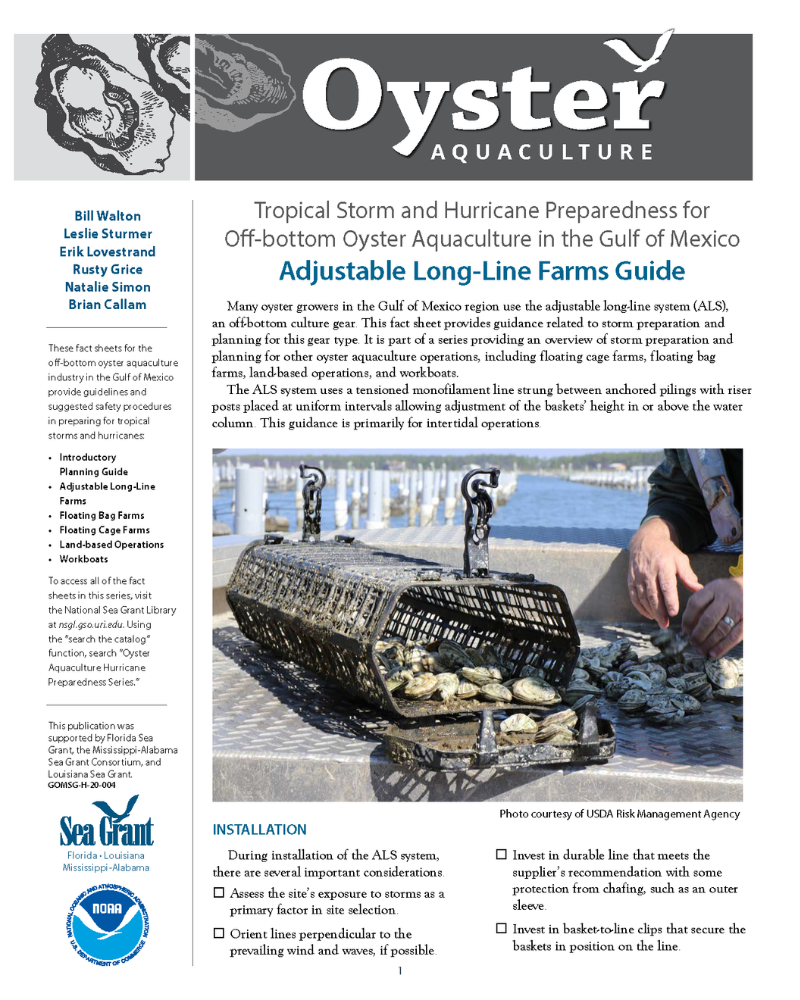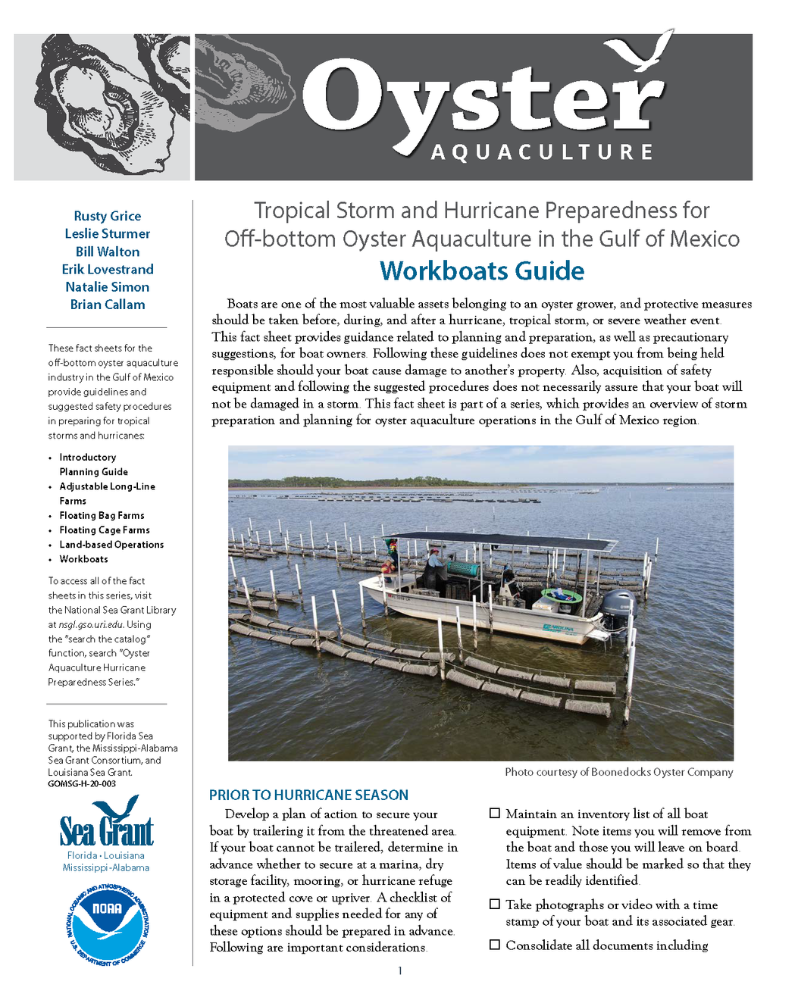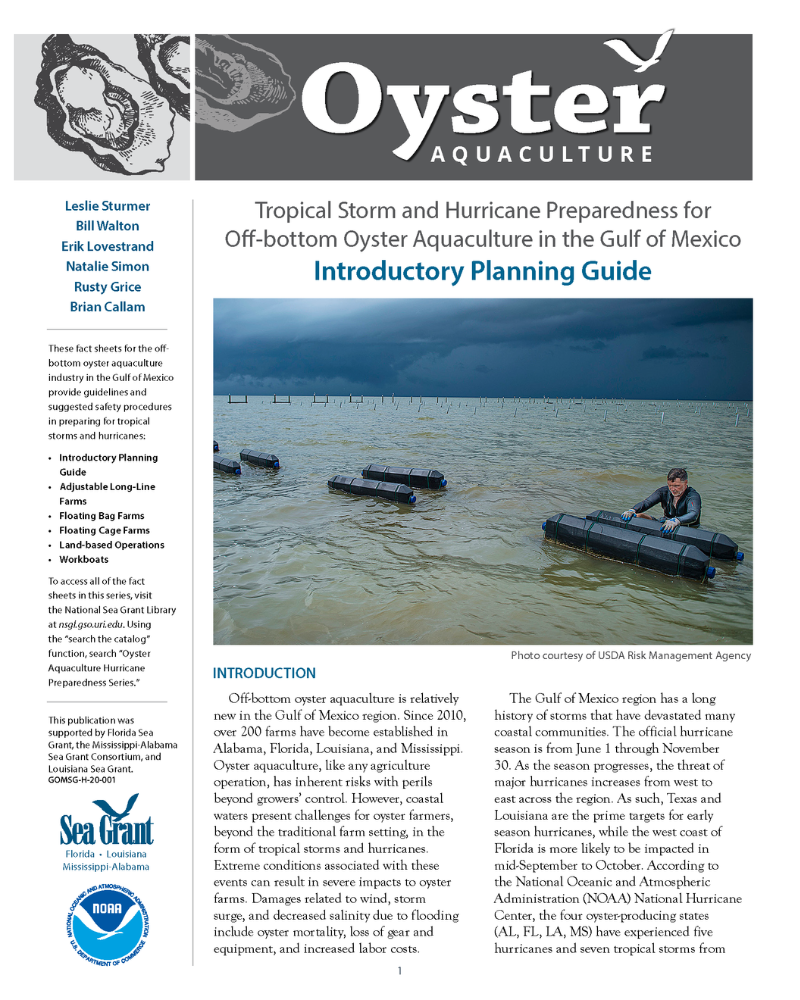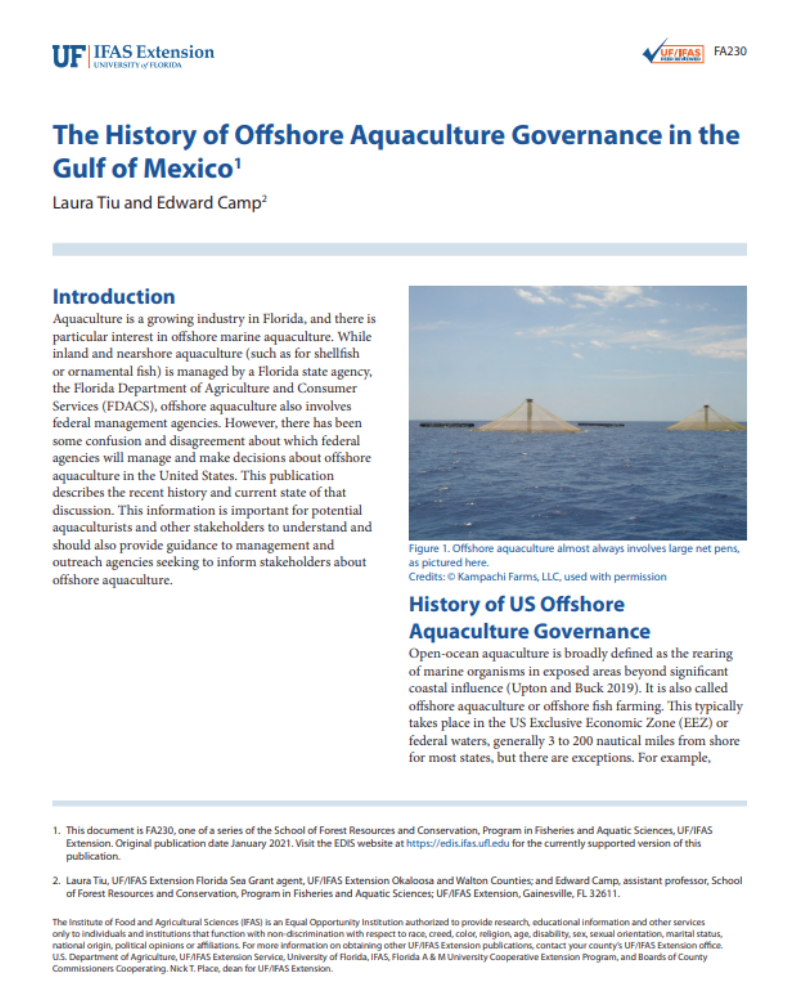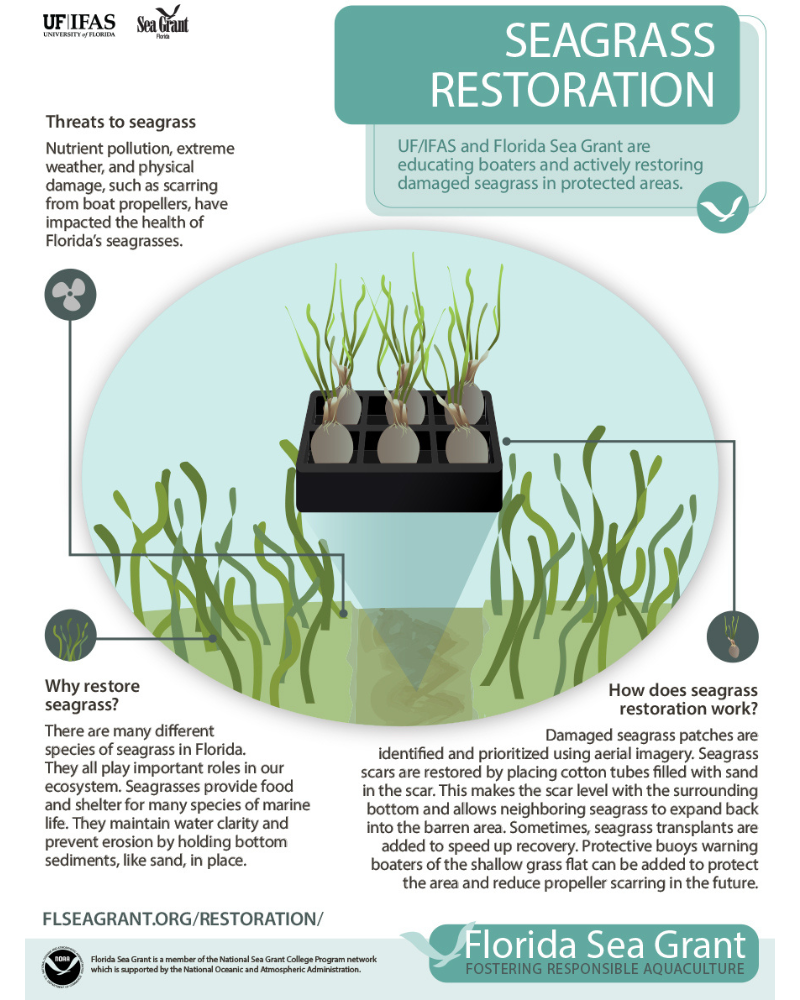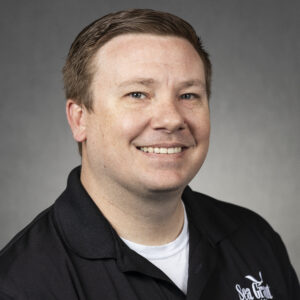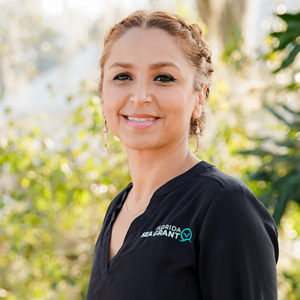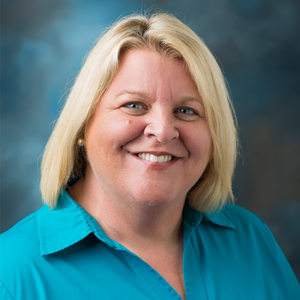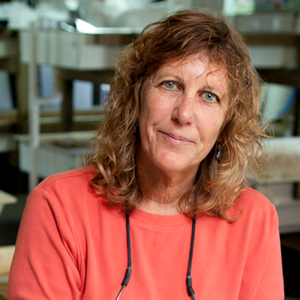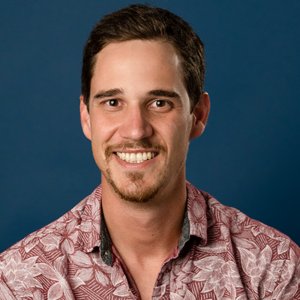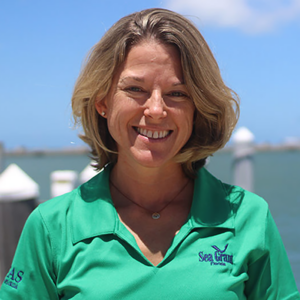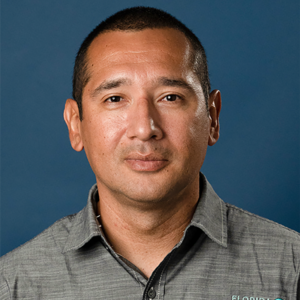Aquaculture
Fostering Responsible Aquaculture
Florida Sea Grant supports research and extension to grow sustainable aquaculture in the state and reap its social, economic, and environmental benefits.
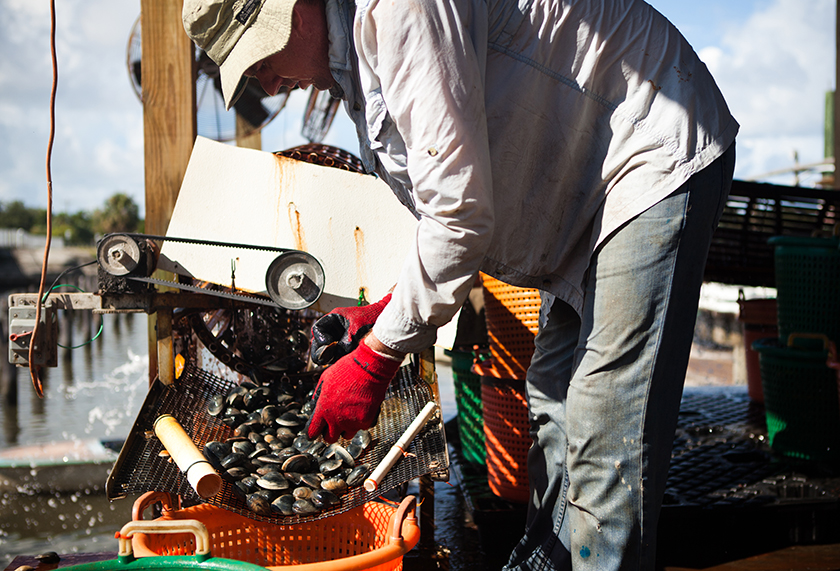
Clam fishermen processing clams in Cedar Key, Florida. UF/IFAS Photo
Florida is a major aquaculture producer in the United States and is among the leading states in terms of sales and number of aquaculture farms. Aquaculture in Florida is diverse; the method is used to produce food and other commercial products, restore habitat and replenish wild stocks, and rebuild populations of threatened and endangered species.
Aquaculture can involve both marine and freshwater species and environments. In Florida, freshwater aquaculture is dominated by the production of ornamental fish in manmade ponds for the home aquarium industry. Florida Sea Grant’s efforts primarily focus on marine aquaculture (farming species that live in the ocean and estuaries), which is dominated by shellfish (especially hard clams). Emerging marine industry sectors include restoration, ornamentals, baitfish, aquaponics (using fish waste as nutrients for growing plants without soil), and open ocean aquaculture.
Aquaculture Research, Technologies & Literacy
The potential for the use of current and developing new technologies is tremendous, but growth will ultimately be determined by the perceived value of the products and benefits, which is why Florida Sea Grant is also working on improving literacy and providing workforce development opportunities with respect to aquaculture.
Florida Sea Grant agents and researchers are:
- Applying restoration aquaculture practices to re-establish corals, bay scallops, oysters, sponges and clams by supporting the grow out and transplant into the wild to increase declining populations and improve the health of coastal ecosystems.
- Providing direct support to current and potential growers on production practices, permitting, and financial and business considerations. Investment analysis tools also allow current and potential producers to estimate the costs and profitability of different production systems and market conditions.
- Developing technologies and practices to expand marine fish farming with a focus on high-valued reef fish and finfish in support of increasing the domestic supply of seafood.
- Communicating with the public about growth in marine aquaculture, including benefits of an expanding Blue Economy, using science-based predictions and outcomes. Increasing literacy around aquaculture production technologies will be critical to facilitate the development of this fledgling industry in Florida.
- Training seafood industry professionals on food safety as ensured through HAACP (Hazard Analysis Critical Control Point) curriculums. An aquaculture-specific program, created and delivered in partnership with the Association of Food and Drug Officials (AFDO) and the Seafood HACCP Alliance (SHA), will provide confidence in the safety of fish and seafood produced using aquaculture.

Aquaculture
Programs
& Initiatives
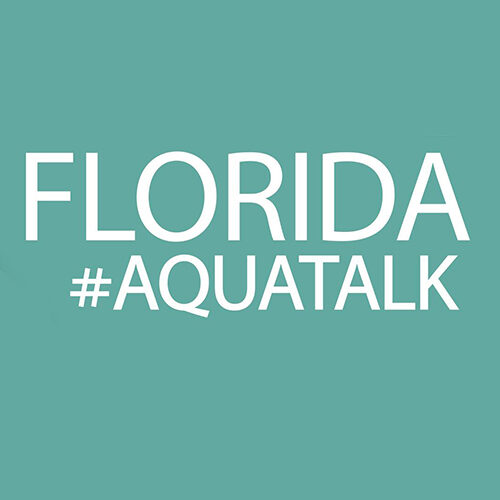
Florida Aqua Talks
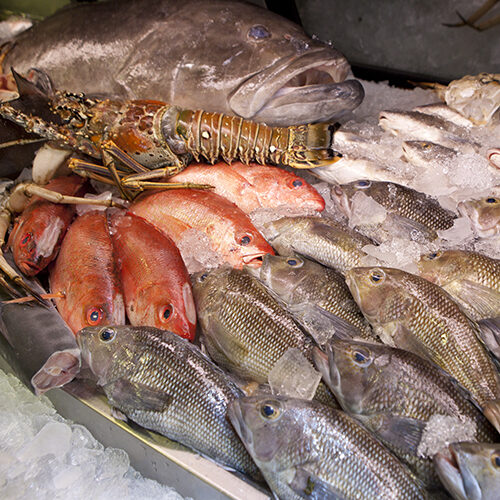
Seafood Virtual Office Hour
Drop in with food and aquaculture experts answering your seafood-related questions live.
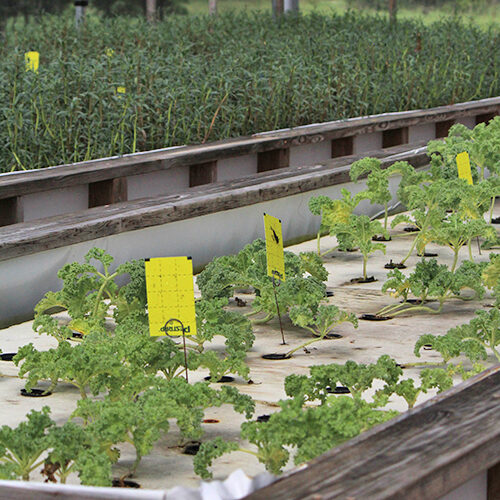
Introductory Information About Aquaponics
Interested in freshwater or marine aquaponics? Before you start your own aquaponics system, browse this curated resource repository that addresses what to know and plan for before you dive in.
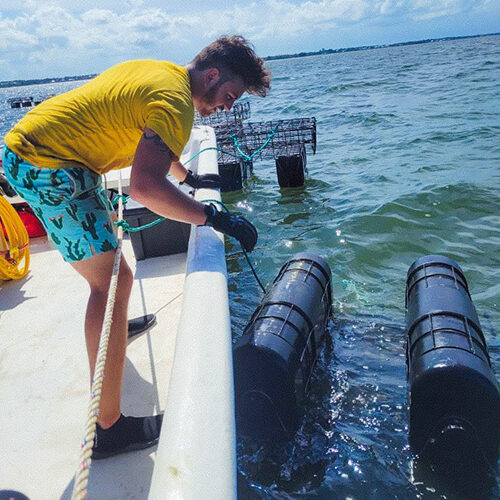
HARVEST Internship
The HARVEST (Helping Aquaculture Reap Value and Enhance Student Training) Internship Program places students interested in aquaculture with an industry member to meet a need determined by the business, providing workforce training for the student and providing benefit to the industry.
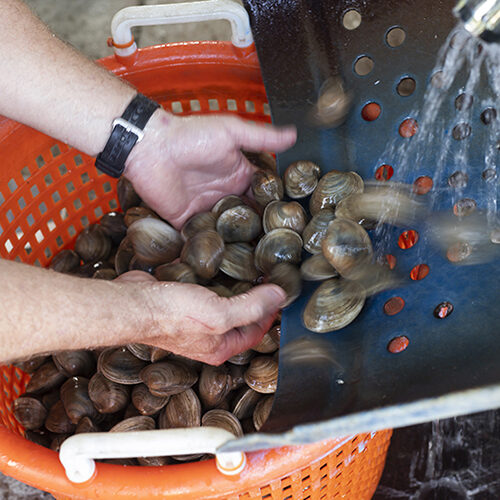
Online Resource Guide for Florida Shellfish Aquaculture
Interested in shellfish farming in Florida? Find updates on research and extension projects, presentations from industry workshops, suppliers’ lists and pertinent publications.
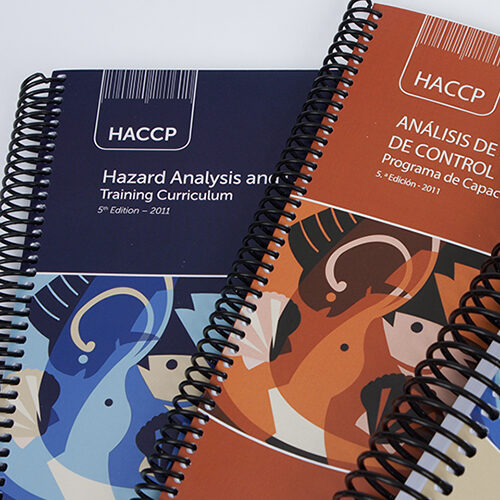
Seafood HACCP Training and Education
Florida Sea Grant provides seafood processors and importers with the essential training that helps identify hazards that are associated with fish and fishery products.
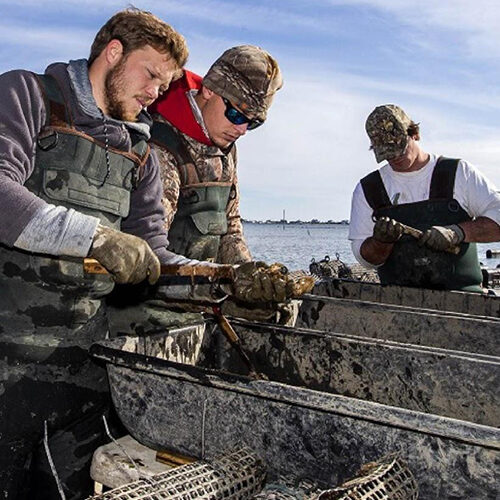
Online Oyster Culture Course
This online course is developed for beginning oyster growers and those interested in learning about the prospects of off-bottom oyster culture in the Gulf of Mexico region. Four virtual sessions provides participants with the basics of how to get started and grow a crop of oysters to harvest.
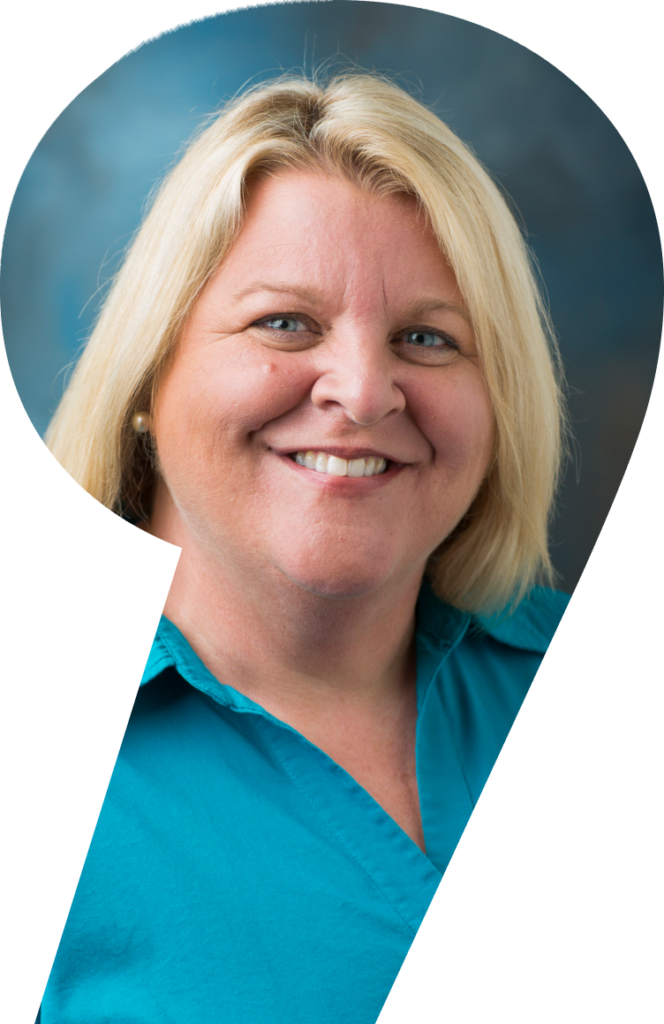
We need aquaculture and wild fisheries to meet future seafood demands of a growing population. Working with the aquaculture industry for over 30 years, it has been inspiring to see significant improvements within the aquaculture sector in terms of sustainable production. Aquaculture farmers have an important stewardship responsibility to care for their animals and they depend on a healthy environment to sustainably produce a quality and safe product.
Pioneering Offshore Aquaculture
In The
Gulf of Mexico
NOAA Office of Aquaculture supports the goal of a well-informed public by investing approximately $20 million annually to support aquaculture, research, education, and engagement. Florida Sea Grant manages the resulting Florida-based projects and supports collaborative, multidisciplinary research partnerships involving academia, private industry, and federal partners.
To communicate the current state of knowledge about offshore aquaculture, Florida Sea Grant has partnered with Ocean Era on the Velella Epsilon Project, a pioneering offshore aquaculture project in the southeastern Gulf of Mexico. This project will deploy and operate a single, small-scale demonstration fish net pen to collect data to inform policymakers, the public, and fishing industry interests about offshore aquaculture while documenting the process for future applicants to follow.
Florida Sea Grant will work to engage in active public outreach with the goal of educating stakeholders and the wider community about the current state of knowledge of offshore aquaculture including making available pertinent offshore aquaculture information and resources, and the environmental monitoring data from waters surrounding the array.
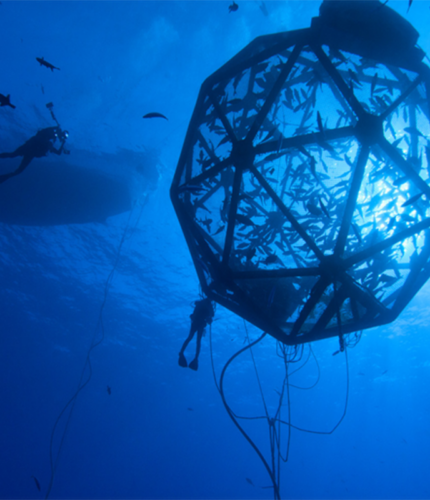
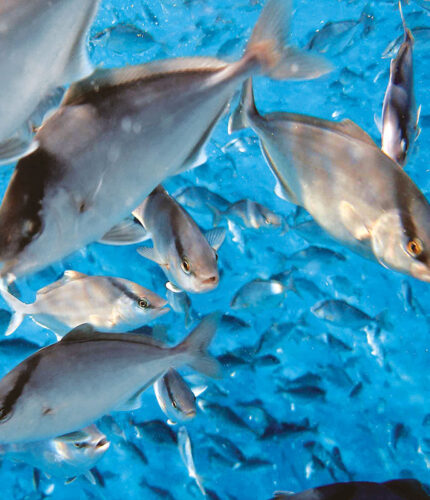
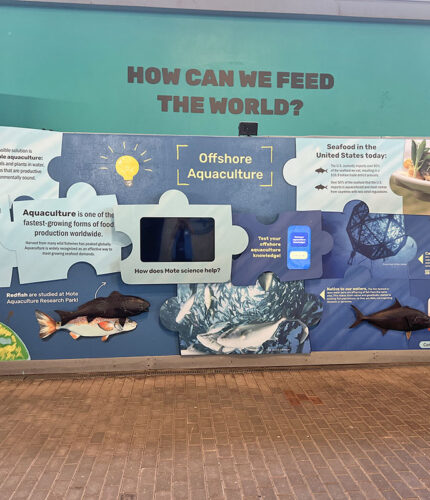
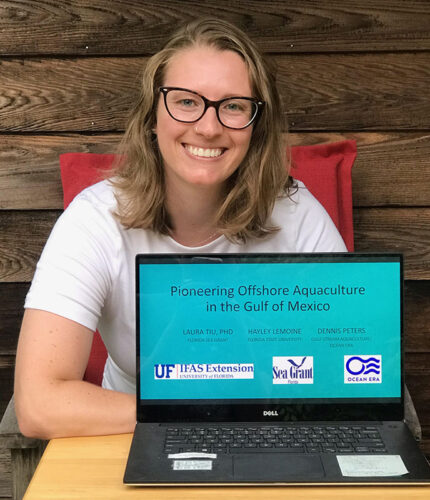
Benefiting ecosystems & industry in times of need
During the 2020 pandemic, the Florida Sea Grant-funded Clam Buyback program helped bolster the aquaculture industry when it was in dire need. It increased the number and genetic diversity of clams that restoration efforts could release in the Indian River Lagoon and improved the degraded ecosystem.
Aquaculture
Latest
News
Publications & Resources
Browse and download our science-backed aquaculture products created by faculty experts.
Faculty Experts
Looking for answers or resources on aquaculture? Reach out to our faculty experts listed below.
